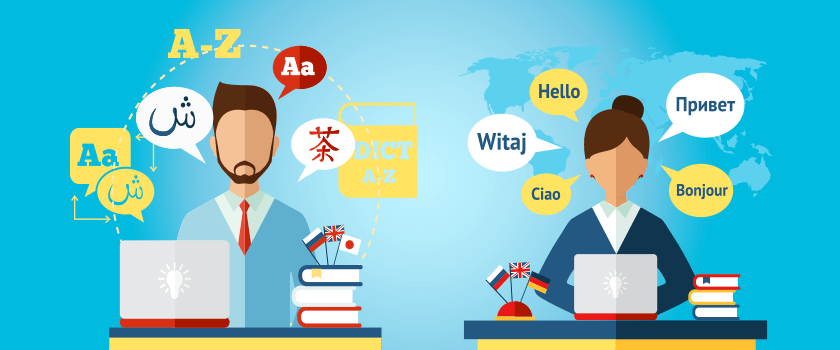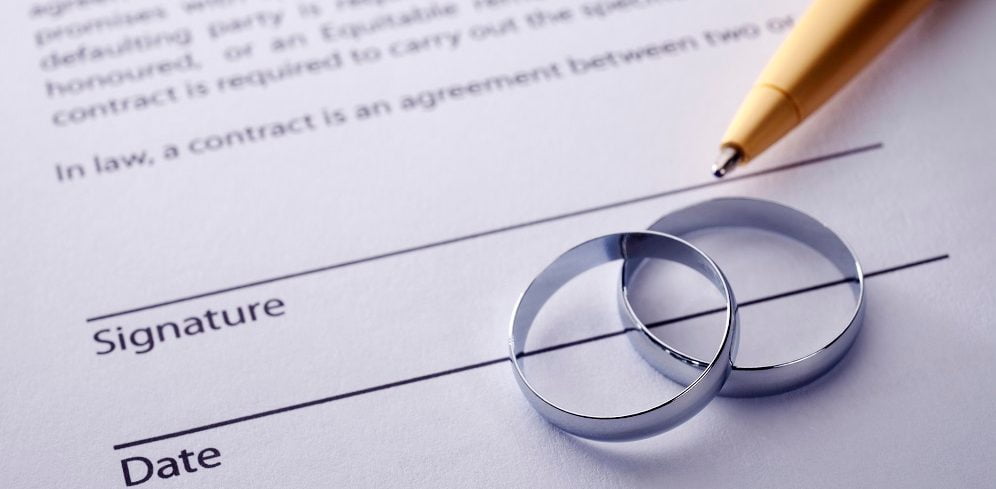Legal translation is one of the significant services in the UAE because companies, government, and individual topics are frequently documented in Arabic and English, or other languages, depending on the circumstances. The multicultural composition of the country and its reputation in international business flow set a very high level of demands in translation accuracy and legal matters. Among the emirates, Dubai with Abu Dhabi deserves distinguishing not only by the fact that they are the biggest and most influential but also that they are different in terms of legal translation control and provision. The differences may not be dramatic, however, they are sufficient to become central in the way businesses, lawyers, and locals select their translation services.
In essence, certified legal translation entails a process of translating legal documents in one language into another language but with the retention of the legal meaning of the document and the fulfilment of regulatory norms of the jurisdiction within which those documents will be presented. In the UAE translating into Arabic is generally defined as Arabization since the country speaks Arabic as the official language and people are required to use it in the courts and in most of the governmental processes. Nevertheless, the implementation, regulation, and processing of this also differs, albeit relevantly, in Dubai and Abu Dhabi. Control and Enforcement Bodies
The initial distinction that can be noticed is the regulatory authorities present in different emirates that regulate the issue of legal translation. Two units are highly influential in certifying and managing all the cases of legal translations in Dubai, the Dubai Courts Translation Department and the Ministry of Justice (MoJ). Translators have to undergo licensing by the MoJ and after being recognized, they are allowed to seal legal papers using an official seal. In addition, Dubai is wont to collaborate with the Dubai Legal Affairs Department particularly in conjunction with litigation, or government filings requiring legal translation.
In Abu Dhabi, Abu Dhabi Judicial Department (ADJD) is the body that controls the legal translation in the middle. ADJD has its own translation office together with criteria on how to accept and certify legal documents that are translated. Though the Ministry of Justice still remains at the federal level, the legal system of Abu Dhabi has a greater level of control. This implies that even the certified translators in other emirates may be required to seek certain permits to work or get the translations accepted in the Abu Dhabi judicial system.
In the case of clients, a certified translator/translation agency in Dubai may not necessarily be valid even in the Abu Dhabi courts and vice versa. Such discrepancy tends to cause confusion especially to businesses that operate in the two emirates. In case of contracts, litigation or regulatory submissions in both jurisdictions, there is a need to guarantee that the translation provider is up to the standards demanded by both emirates.
Difficulties in the application and usage
In Dubai, the emirates of their location as an international business hub determine the legal translation market. Multinationals, real estate companies, free zone firms and foreign law firms lead the list of corporate requests regarding legal translation. In that way the need is inclined to shift towards business contracts, memorandums of understanding, partnership agreements and property-related documents. Lawyers in Dubai usually possess the ability to meet multilingual requirements of translation and provide resources to the worldwide client. The most requested kinds of translations are the English-Arabic ones, although others include the Chinese, Russian, and French translation.
Although also an international city, Abu Dhabi government is more centralized and more stress is given on administrative and federal documentation. Government tenders, federal legal decrees, citizenship applications, and documents associated with a national project or state-owned business are the most popular kinds of legal documents that are translated.
Also, since Abu Dhabi is the capital, translations done in Abu Dhabi are documents that may concern federal issues, and therefore there may be a demand to pay closer attention to official forms and language. The translations should also be precise, in addition to drafting the translations in the tone and format required by the federal authorities.
Variation in Pricing and Turnaround Time
Among the more practical dissimilarities that exist between guaranteed translating of laws in Dubai and Abu Dhabi, there must be the time lines and costs of the services to be rendered and received. The competitive translation market in the city of Dubai has an accelerated commercial environment so that rush service (same day or next day turnaround) is often achieved. There are numerous companies that do express legal translation, sometimes at a premium, but often at the same rates as other services since there is so much work and so much competition.
The market of Abu Dhabi is relatively less saturated, and hence, the speed of service could be more orderly. There is the pressure of needing to be prompt especially where court dates or government procedure are involved yet internal authorization systems or increased scrutiny by local officials may extend the time involved. Clients have to deal with more formalism and slightly longer periods in terms of procedural milestones prior to documents being stamped and admitted to official usage.
The Dubai market is more liberated with regard to pricing. Competitive rates and special packages offered to customers doing bulk translation or regular clients are a result of the availability of a number of large and boutique legal translation companies in this category. The pricing in Abu Dhabi is more uniform as the legal system of the city is centralized. Although this is not really costlier, the area of negotiation may be reduced.
Finding A Good Legal Translation Partner
Knowledge of how Dubai and Abu Dhabi vary as far as certified legal translation goes is not simply something that one would be curious about but a practical issue that could influence whether or not the document is valid and effectively handled. When drafting court materials, business agreements, immigration forms or regulatory forms, it is vital that you choose the best legal translation partner.
One area in Dubai you will find such experienced firms is with firms that have a lot of experience with international clients and have a proven track record with the Dubai Courts and authorities in free zones. You must also find out whether the translators are authorized by the UAE Ministry of Justice and whether they are familiar with the shades of the business environment of Dubai.
Abu Dhabi is one such place where it is pertinent to be sure that the translation agency or translator is certified with the Abu Dhabi Judicial Department and conversant with the documentation standards throughout federal governments. In particular, it is significant with regard to issues affecting the public sector transactions or dealings with the federal government.
Besides, when your legal interests involve several emirates (e.g., when the business is of regional prominence, or when individuals transact with federal and local governments), it can be considered worth translating by a company that has certified translation specialists accepted even by ADJD and Dubai Courts. There are agencies that are operating countywide, and know the regulations in every emirate which is also a great means of bridging the gap and simplifying your legal proceedings.


